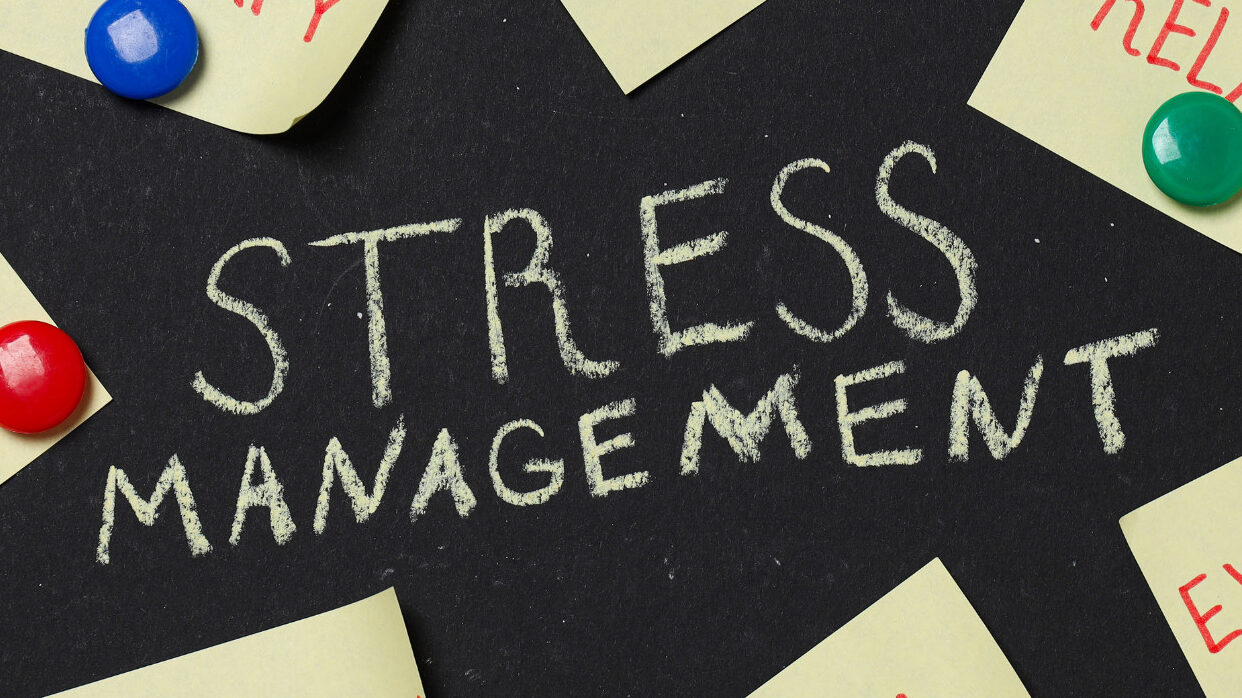In today’s fast-paced work culture, anxiety is more common than ever. Whether it’s fear of public speaking, performance pressure, or imposter syndrome, anxiety can significantly impact your productivity and job satisfaction. Overcoming anxiety in professional settings is essential not only for career growth but also for overall mental well-being.
If you’re serious about career growth, it’s essential to understand Unlocking Career Success: Insights from Harvard Business School’s Top Professor
Understanding Anxiety in the Workplace
Anxiety in the workplace can manifest in many forms—racing thoughts before a big presentation, fear of judgment in meetings, or feeling overwhelmed by tight deadlines. It’s important to understand that experiencing anxiety does not make you weak or incapable. In fact, many successful professionals have learned to manage their anxiety and use it as a strength.
For a balanced approach to personal and professional development, explore this guide on The Keystone of Professional Influence & Unlocking Career Success
Common Triggers of Workplace Anxiety
- Fear of public speaking
- Tight deadlines and high expectations
- Fear of making mistakes
- Lack of support or unclear communication
- Job insecurity or transitions
Identifying your specific triggers is the first step toward overcoming anxiety in professional settings.
Effective Strategies to Overcome Workplace Anxiety

Let’s break down practical and proven methods to reduce anxiety and boost your performance at work.
1. Practice Mindfulness and Deep Breathing
Mindfulness involves staying present in the moment and observing your thoughts without judgment. Taking short breaks for deep breathing exercises during work can significantly lower stress levels. Even just five minutes of intentional breathing can help reset your nervous system and calm your mind.
Tip: Try the 4-7-8 breathing technique—inhale for 4 seconds, hold for 7, and exhale for 8.
2. Prepare Thoroughly and Plan Ahead
Preparation reduces uncertainty, a common driver of anxiety. Whether you’re heading into a presentation or a team meeting, make sure to:
- Review relevant documents ahead of time
- Practice speaking out loud
- Create bullet points for key messages
The more prepared you are, the more confident you’ll feel. Preparation is a powerful tool for overcoming anxiety in professional settings.
3. Challenge Negative Self-Talk
Anxiety often stems from internal narratives like “I’m not good enough” or “What if I mess up?” Challenge these thoughts by asking yourself:
- Is this thought based on facts or assumptions?
- What evidence do I have that I’ll fail?
- What would I tell a friend in this situation?
Replace negative thoughts with affirming ones such as, “I am capable and prepared,” or “Mistakes are part of learning.”
Creating a Supportive Work Environment
A toxic or unsupportive work culture can amplify anxiety. Advocating for mental health and open communication in the workplace is crucial.
While exploring insights from top Harvard professors, don’t miss our deep dive into Time Management Tactics from Harvard Professors for long-term career success.
1. Talk to a Supervisor or HR
If your anxiety is related to workload or lack of clarity, have a transparent conversation with your supervisor. They might offer solutions such as:
- Flexible deadlines
- Delegating tasks
- Clarifying expectations
2. Build a Support System
Having a few trusted colleagues to share your concerns with can make a big difference. Social support helps reduce feelings of isolation and gives you a safe space to vent or seek advice.
Professional Help for Managing Anxiety

If anxiety is significantly affecting your ability to perform, consider seeking professional help. Therapists and counselors can teach cognitive-behavioral techniques that are highly effective in managing workplace anxiety.
Many companies now offer Employee Assistance Programs (EAPs) that include mental health resources, coaching, and therapy sessions.
Want to improve your workplace impact? Here’s a powerful resource on the critical role of soft skills in career advancement.
Long-Term Habits for Mental Resilience
Overcoming anxiety in professional settings is not a one-time task—it’s a continuous journey of building healthy habits.
1. Exercise Regularly
Physical activity reduces stress hormones and boosts endorphins, helping you feel more relaxed and positive.
2. Get Quality Sleep
Lack of sleep increases cortisol levels and makes it harder to focus or regulate emotions. Aim for 7–8 hours of quality rest each night.
3. Set Realistic Goals
Break big tasks into smaller steps. Celebrate small wins. This prevents overwhelm and builds momentum.
Conclusion
Overcoming anxiety in professional settings is entirely possible with the right strategies and mindset. By practicing mindfulness, preparing effectively, and seeking support when needed, you can transform anxiety into a source of motivation. Remember, anxiety doesn’t define your potential—it’s something you can manage and rise above.
Start small, stay consistent, and believe in your ability to grow. The confident, calm version of you is already within reach.
To support your journey toward overcoming anxiety in professional settings, here are some valuable resources offering expert guidance, tools, and professional help:
1. Anxiety and Depression Association of America (ADAA)
Explore evidence-based tips, videos, and toolkits focused on anxiety management. The ADAA also offers workplace-specific advice for professionals dealing with stress and anxiety.
2. Calm – Mental Fitness App
A globally recognized app offering guided meditations, breathing techniques, and calming soundscapes to reduce workplace anxiety and boost daily focus.
3. Talkspace – Online Therapy for Professionals
If anxiety is affecting your job performance, Talkspace connects you with licensed therapists who specialize in workplace mental health.
4. Mayo Clinic – Generalized Anxiety Disorder
Learn about the symptoms, causes, and treatment options for anxiety, with medical insights from Mayo Clinic professionals.
Can workplace anxiety affect job performance?
Yes, anxiety can lead to reduced focus, lower productivity, poor decision-making, and even burnout. However, with the right strategies and support, many professionals successfully manage anxiety and continue to thrive in their careers.
How can I overcome the fear of public speaking at work?
To reduce anxiety related to public speaking:
-
Practice your presentation multiple times.
-
Use relaxation techniques like deep breathing.
-
Start with smaller groups to build confidence.
Should I talk to my manager about my anxiety?
If anxiety is impacting your work, it’s a good idea to speak with your manager or HR. Many companies support mental well-being and can provide accommodations, such as flexible deadlines or workload adjustments. Choose a time when you feel comfortable and prepare your thoughts in advance.
Is professional therapy helpful for workplace anxiety?
Absolutely. Therapists, especially those trained in Cognitive Behavioral Therapy (CBT), can help you identify negative thought patterns and develop coping skills. Many companies also offer Employee Assistance Programs (EAPs) that provide access to mental health professionals.
Can anxiety be completely cured?
While anxiety may not always be “cured,” it can be effectively managed. With consistent self-care, therapy, and healthy work habits, many individuals experience significant improvements and lead successful, fulfilling professional lives.
